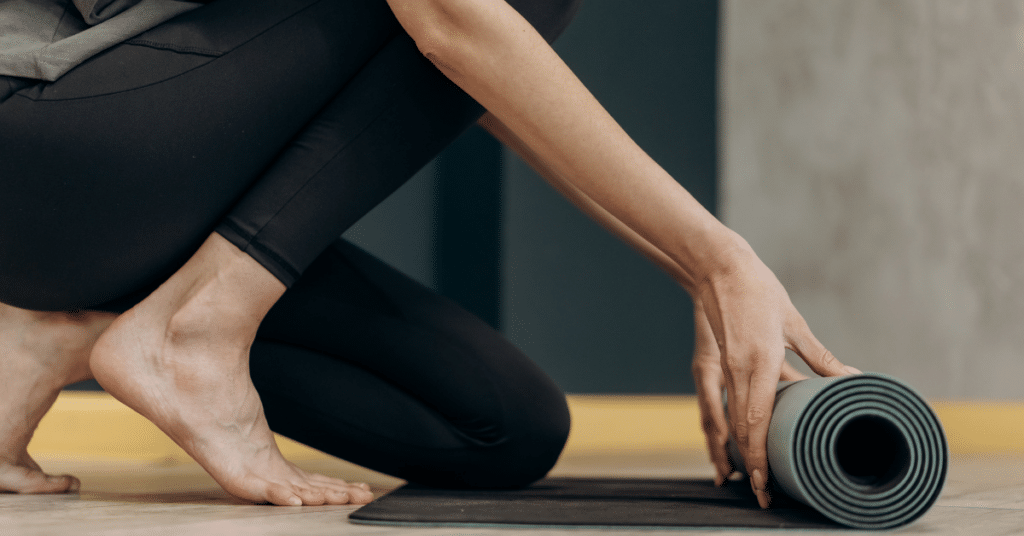Yoga for Your Knees
Studies have found that yoga reduces knee pain.
Though many might assume that a posture-based physical fitness practice such as yoga, isn’t a good fit. However, research has found quite the opposite to be true.
In a 2013 study published in the U.S. National Institutes of Health’s National Library of Medicine, researchers worked with 30 women who had knee osteoarthritis. Half were assigned to an 8-week yoga program, while the other half were instructed to just carry on with their regular daily activities. For eight weeks, the yoga group participated in 60-minute yoga sessions three times a week.
And the results?
There was a significant difference between pre-and post-yoga practice scores of pain, and symptoms were significantly decreased. While daily activities, sports, spare-time activities, and quality of life were significantly increased.
Another study looked at the effects of yoga exercises on pain, morning stiffness, and anxiety. The researchers closely followed 250 patients with knee osteoarthritis and divided them into a control group that only received physical therapy and an experimental group that received both physical therapy and yoga.
After analyzing the data, the researchers were able to conclude that participating in a yoga practice and physical therapy, resulted in more positive effects than just physical therapy alone. The results also showed a greater decrease in pain, morning stiffness, and anxiety.
As if this isn’t enough data to prove the benefits of yoga on knee pain, a 2016 review looked at six studies on the effects of yoga on osteoarthritis and found that people experienced pain relief and functional improvements as early as 2 weeks after regularly getting on the mat. After seeing consistent data, researchers concluded that yoga could be a medication-free form of treatment that can help relieve pain and improve mobility.
While this is exciting news, it is important to note that research has also found that certain yoga poses (especially single-leg balances) can be stressful on the knees. So it’s important to let your yoga instructor know about your knee issues so that they can help augment your practice.
Though yoga is proven to be beneficial for the knees, sometimes additional treatment is needed as well. Fortunately, there are options beyond just surgery, such as non-invasive procedures like Genicular Artery Embolization (GAE), which we offer here at MidAtlantic Vascular and Interventional.
So talk to your doctor and find out if adding a yoga practice to your treatment plan is right for you. Not only can it improve mobility, walking speed, flexibility, and posture, but you may even get a little more serenity in the process.


